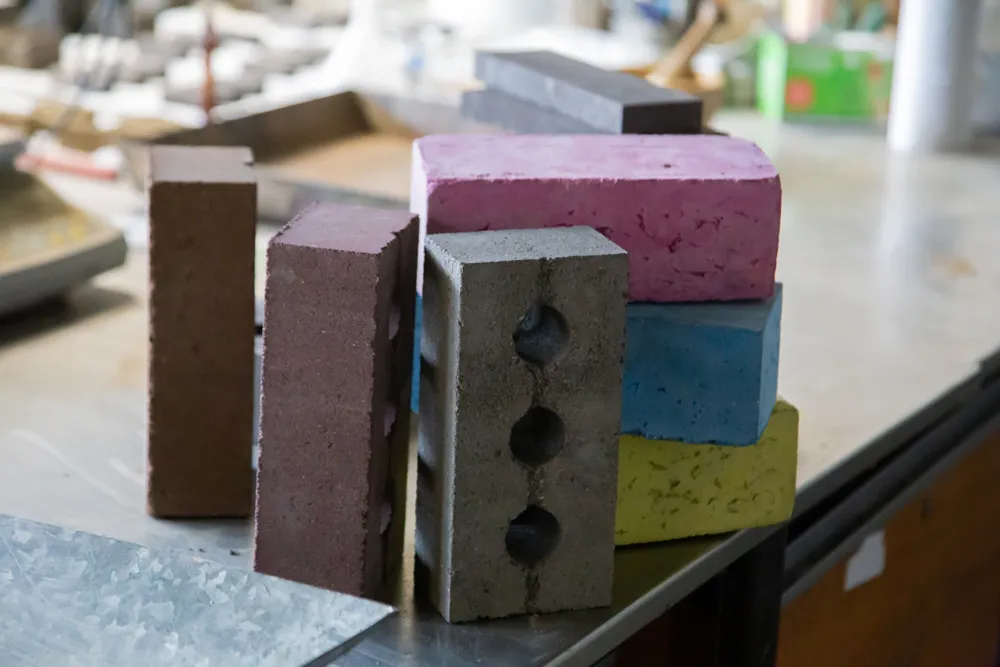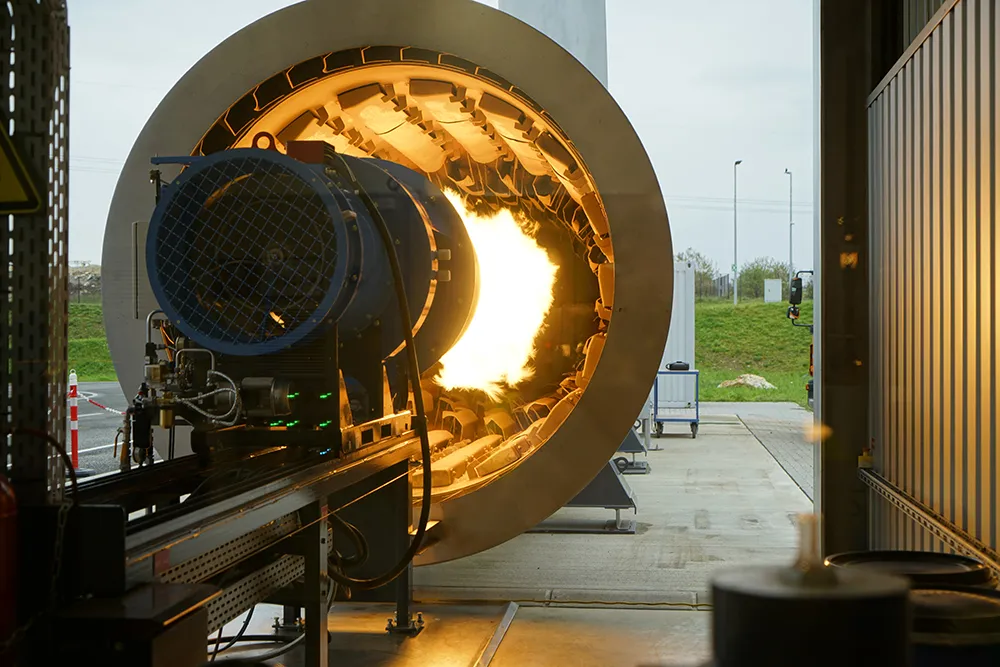
The company is a clean-tech spin-out from Heriot-Watt University and is looking to commercialise production of its brick. The aim is to supply more than two million bricks/year.
The K-Briq is made from over 90% recycled demolition and construction waste materials. It has just 10% of the CO2 emissions of a traditional fired brick for its production and requires less than 10% of the energy in its manufacture.
The firm says that the production of this type of brick reduces the need to send waste materials from construction and demolition to landfill. In addition, production also slashes energy use, both in manufacturing and also in use as it has double the insulation properties of existing bricks and blocks. By using recycled pigments, it can be made in a range of colours providing flexibility to architects and design planners.
The K-Briq was conceived by Professor Gabriela Medero from Heriot-Watt University following more than a decade of research and development into creating innovative, low-carbon products from recycled construction waste. Professor Medero is co-founder and technical director of KENOTEQ, which launched in January 2020.







